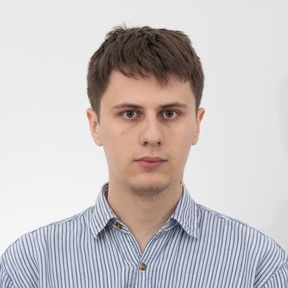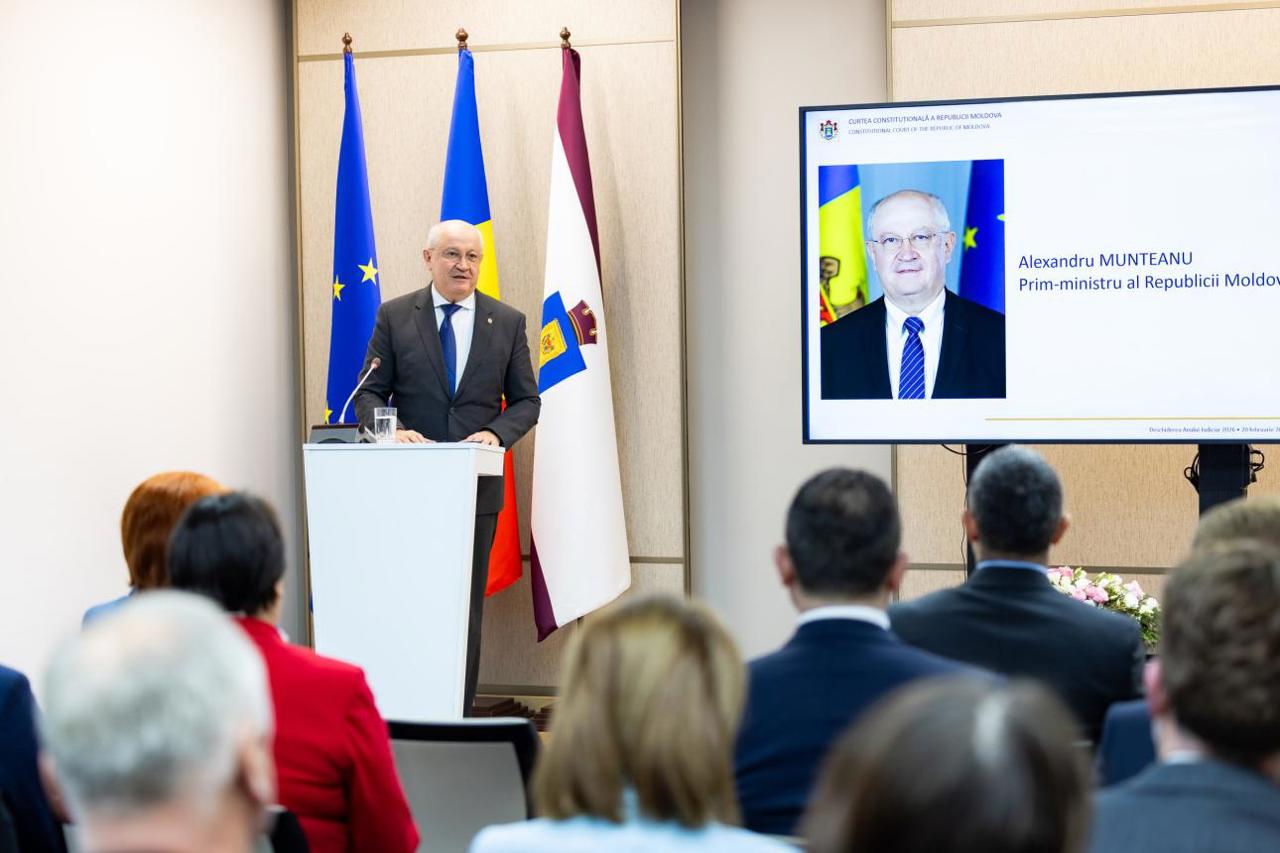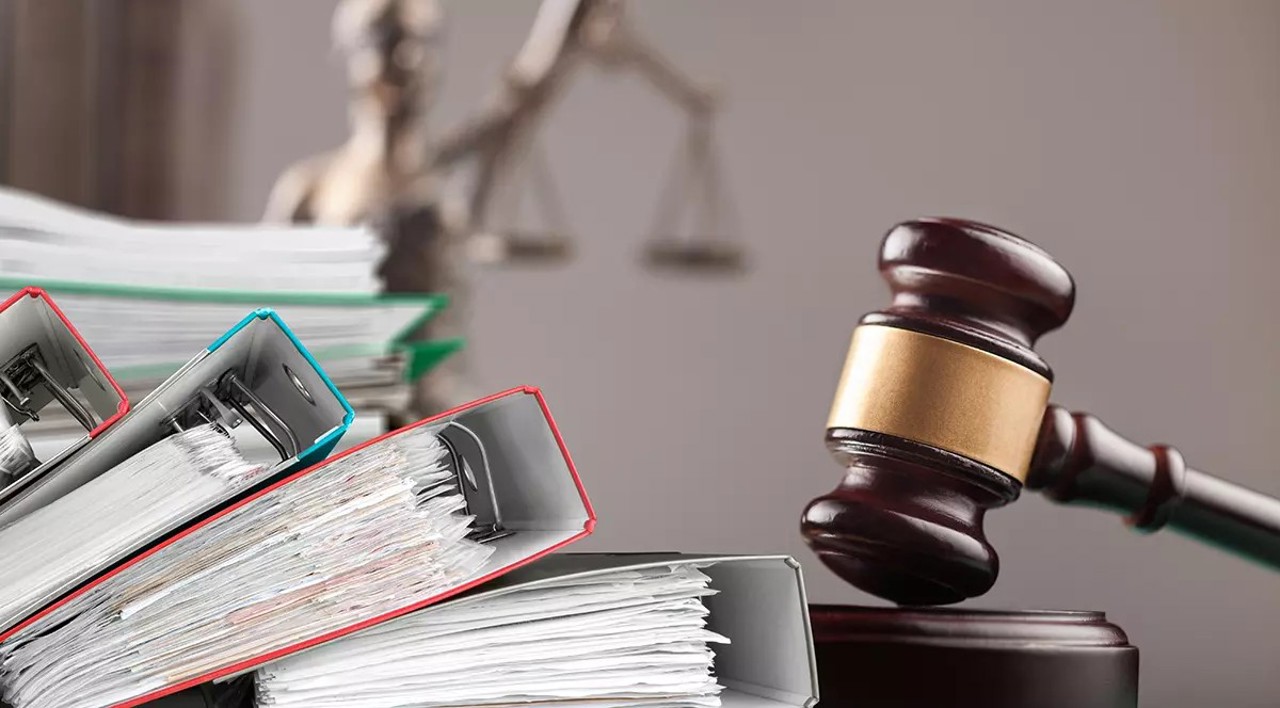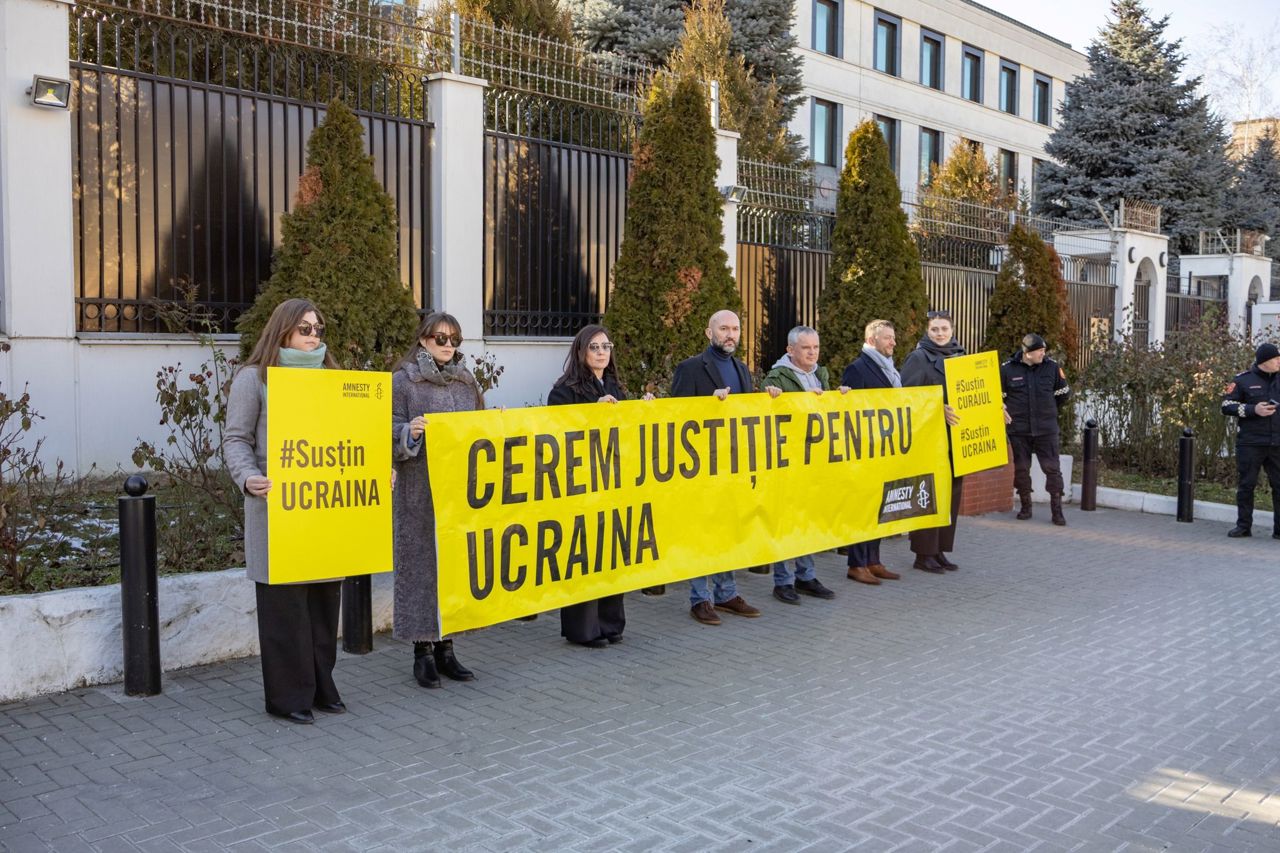Moldovan president highlights Moldova's crisis; experts back pro-European unity in elections
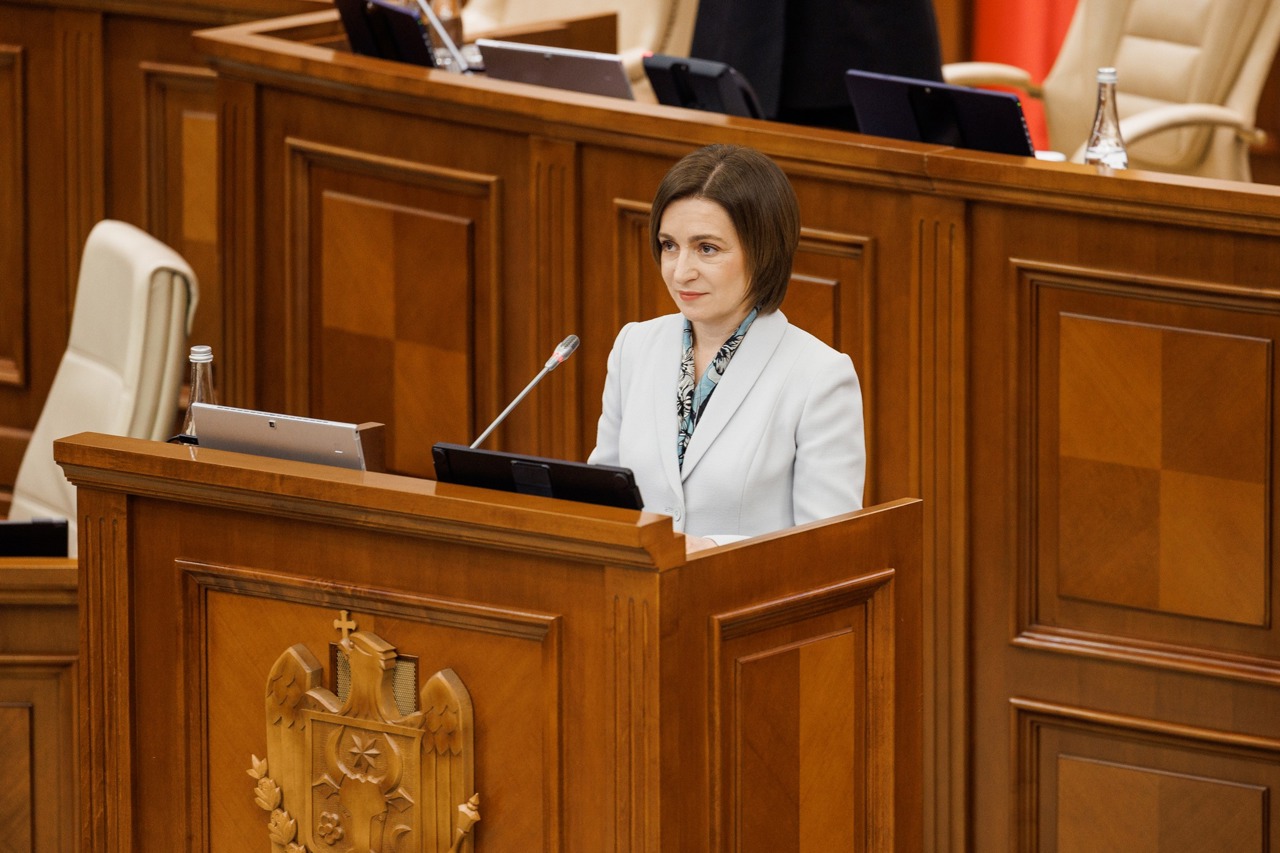
President Maia Sandu’s speech in Parliament confirms Moldova’s grave pre-election situation—marked by foreign interference, vote buying, and drifting from the EU path, says WatchDog expert Andrei Curăraru. He urges true pro-European parties to unite to keep EU integration on track.
Maia Sandu comes with a series of key messages that reflect the realities of the Republic of Moldova. We are talking about more than 25% of the speech oriented towards security and the geopolitical situation, 20% oriented towards European integration and the course of our country. We also saw a previous promise by the Prime Minister that the negotiations could be completed ahead of schedule, 2028. The window of opportunity for the Republic of Moldova is linked to the mandate of this European Commission, i.e. the maximum for 2029. On the other hand, there were also quite harsh key messages oriented towards representatives of foreign political interests that the President said would also be in Parliament, touching on the Transnistrian issue and the Gagauz region. It was a strategic speech that set the tone for the next political season, which will not be easy.
Poor communication remains one of the weaknesses of the current government and sometimes overshadows its achievements, including on the European agenda, suggests political expert Victor Juc. The President of the Republic of Moldova has the duty, periodically, to address the people to inform them about the policies that must be promoted by the other state institutions, especially in the context of accession negotiations and parliamentary elections, said the expert in the show "Zi de zi" on Radio Moldova.
Currently, the situation is complicated and we expect an escalation, in the context of the approach of the ordinary parliamentary elections. The President is very aware that the Republic of Moldova is subject to a massive, unprecedented hybrid attack, both from outside and from within. These forces understand the importance of parliamentary elections, which can change the vector of the country's development. The support from the EU is unprecedented, I would say, because the European integration of a state is a two-dimensional process that requires openness and will from both sides. And at this moment, the current European Commission and the current Government of the Republic of Moldova are in favor of a high-intensity bilateral process of rapprochement of the Republic of Moldova with the EU.
A pre-accession condition remains the most difficult reform, that of justice. In her speech, President Maia Sandu mentioned that in the last four years, 140 judges have left the judicial system, 100 of whom only during the external evaluation period. The President of the Legal Resources Center of Moldova, Ilie Chirtoacă, said that this step was taken by the majority of judges to avoid the evaluation, which calls into question their integrity.
As a measure, although in the short term it causes difficulties in the system, as the workload for the remaining judges increases, I believe it is a correct decision. In the judiciary, we must have the best of the best, people of integrity. And, if there is the slightest doubt about someone's integrity, it is better for that person to no longer be part of the judicial system. This measure is also good because it allows the state to recruit new judges, trained at the National Institute of Justice. Approximately 80% of new appointments to the system come from among the graduates of the National Institute of Justice, which means that we have young judges, trained in a democratic state, the Republic of Moldova, not in the Soviet Union. I believe that, in the long term — maybe not today, not tomorrow, but soon — this reform will bring real benefits to the citizens of the Republic of Moldova.
The President also added that the process of cleaning up the system continues, and the next institution targeted is the Prosecutor's Office. Ilie Chirtoacă also states that though the process of evaluating judges and prosecutors began in parallel, in reality the vetting of judges has advanced, while that of prosecutors has stagnated. The evaluations of prosecutors have not taken place, indicating the need to expedite this process. All prosecutors holding key positions, including those in specialized prosecutors' offices, such as the PCCOCS and the PA, are required to undergo this evaluation. This represents one of the main challenges, but also a promise still unfulfilled: the vetting of prosecutors is delayed and, in certain periods, even completely blocked, pointed out Ilie Chirtoacă.
President Maia Sandu recently stated that justice reform is mostly complete but criticized slow progress in the prosecutor’s office. Most judges have undergone integrity checks, and results are expected, while vetting of prosecutors is just starting and anti-corruption outcomes remain limited.
